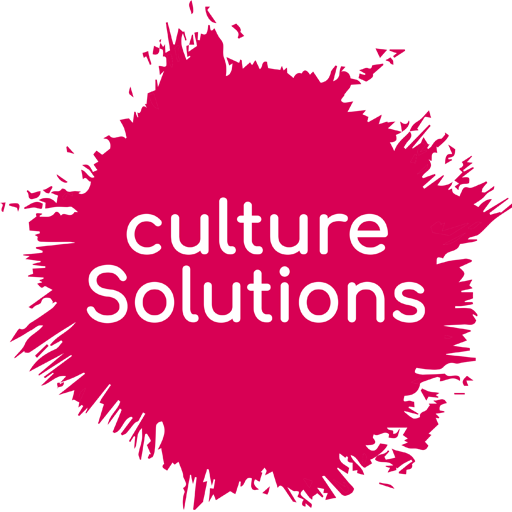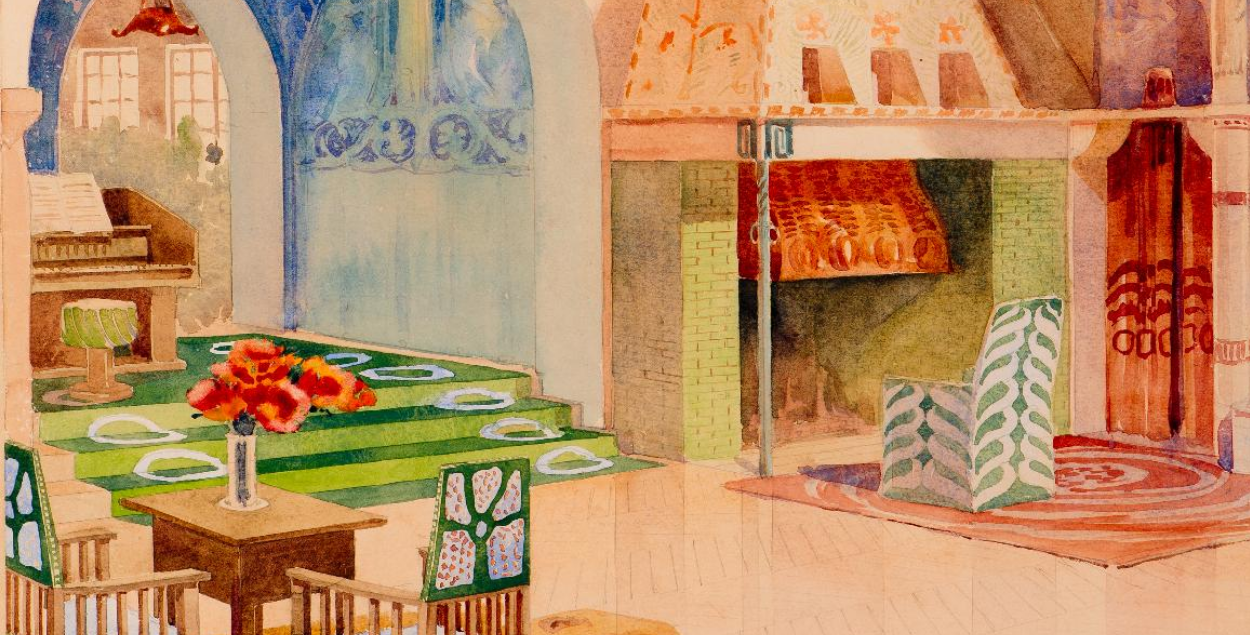Africa-Europe Week 2022: Three take-aways for the AU-EU cultural relations partnership
By Nicole McNeilly, Gabrielle Bernoville, Valeria Mesía and Celia Zayas
The first-ever Africa-Europe Week and 6th Europe Africa Business Forum (EABF) were held between 14 to 17 February 2022 and led by the European Commission, European cultural organisations, and cultural and civil society actors from the European Union (EU) and African Union (AU). This article is the first in a series sharing our reflections on the Africa-Europe Week and what it tells us about the aspects of the Africa-EU partnership that matter most. Through them we aim to uncover important considerations in the post-Covid relationship between the EU and its partners.
culture Solutions and the Africa-Europe Week 2022
The culture Solutions training and know-how sharing team was invited to contribute to an assessment of the 26 different culture-related events in the Week and EABF agenda, including lectures, showcases as well as presentations of artistic projects. In doing so, we were invited to contribute on the main takeaways to strengthen future Africa-Europe dialogue events and programming related to culture and its possibilities.
#1 Acknowledge the calls for a reset of the Africa-Europe partnership
The events of the Africa-Europe Week and EABF must be seen in a context where African-European relations have been strained by responses and actions during the Covid-19 pandemic and a strengthening in demands to transparently address colonial baggage through decolonising old and ongoing practices. In that sense, the agenda of the Week and the EABF 2022 has had a particular significance.
The most important political message was the call for a reset of the AU-EU partnership on more equitable terms and on shared values.
We are looking for equitable partnerships where goals address each other’s weaknesses. – Ahmed Mansur, Pan African Manufacturers Association
In any partnership (re-)negotiation, however, cultural actors must have a voice and cultural considerations – such as cultural diversity and the role of culture in sustainable development – must be part of the discussion.
#2 Clarify ownership and define responsibilities
Asymmetries in institutional development and diversity of theoretical frameworks require further efforts to create sustainable and scalable cooperation between the EU and its partners in Africa. On the EU side, the involvement of actors beyond EU institutions is a fact, yet the role of Member States remains undefined. How European cultural and socio-entrepreneurial sectors professionals are or could be more directly involved in cooperation with Africa outside EU-funded initiatives is still unclear.
Europe’s diversity in terms of the cultural activities of its member states is still not represented on EU-AU cooperation platforms. Whether or not this is due to the legacy of the colonial past, increasing the diversity of European institutions working with and learning from their African peers can only be a good thing. Furthermore, a coordinated #TeamEurope culture approach – bringing together and showcasing the good practice of EUNIC clusters, EU Delegations and the EU institutions – needs to be strengthened in the presentation of the EU’s cultural relations with Africa.
The Week saw calls for the EU to take ownership and move forward with discussions on the restitution of Africa’s cultural heritage from Europe. Among various factors, it is clear that Member States and potentially other intermediary organisations need to address this pending in more consequential and transparent ways.
We will strive to facilitate cultural exchanges and the movement of artists and artworks between our two continents, and encourage mutual undertaking for the restitution of cultural assets and promote access to and protection of cultural heritage. – 6th European Union – African Union Summit: A Joint Vision for 2030, p.2
#3 Mainstream culture in broader social and political discourse
There are opportunities to reinforce the importance of mainstreaming culture (in both its artistic and anthropological senses) in the broader political and social themes being discussed in future events about Africa-Europe international relations. For example, discussions around climate change and sustainability should embrace topics including, but also wider than, sustainable fashion. This would help move beyond ideas of culture as an ‘add-on’ in sustainable development. Integrating a new cross-sectoral and holistic view of the creative economy in spaces of dialogue and cooperation between African and European actors can favour the construction of common objectives.
Conclusions
Culture is far from being mainstreamed in the Europe-Africa partnership and there is a lot of work to do. Practical cultural programming activities supported by the partnership are key. In our next features in this series we will focus on the most pressing topics in Africa-EU cultural relations programming, good practice on creating space for inclusive online dialogue and the headway made by Africa-EU partnership since the ACP-EU Seminar in June 2021.
Take a look at the Africa-Europe Week and Europe Africa Business Forum event recordings! Also, don’t miss out the next blogposts of the series in which we share a list of five priorities for Africa-Europe cultural relations programming, envision the building of new spaces for inclusive cultural relations dialogue, and discuss the main trends in EU-AU cultural relations by positioning them along what we have observed to date with EU and Africa, Caribbean and Pacific relations.
The views expressed in this article are personal and are not the official position of culture Solutions as an organisation.
Photo credits: Gesellius, Lindgren & Saarinen. Suur-Merijoen kartano, Viipurin maalaiskunta, hallin perspektiivipiirustus, 1902. Museum of Finnish Architecture. CC BY.

